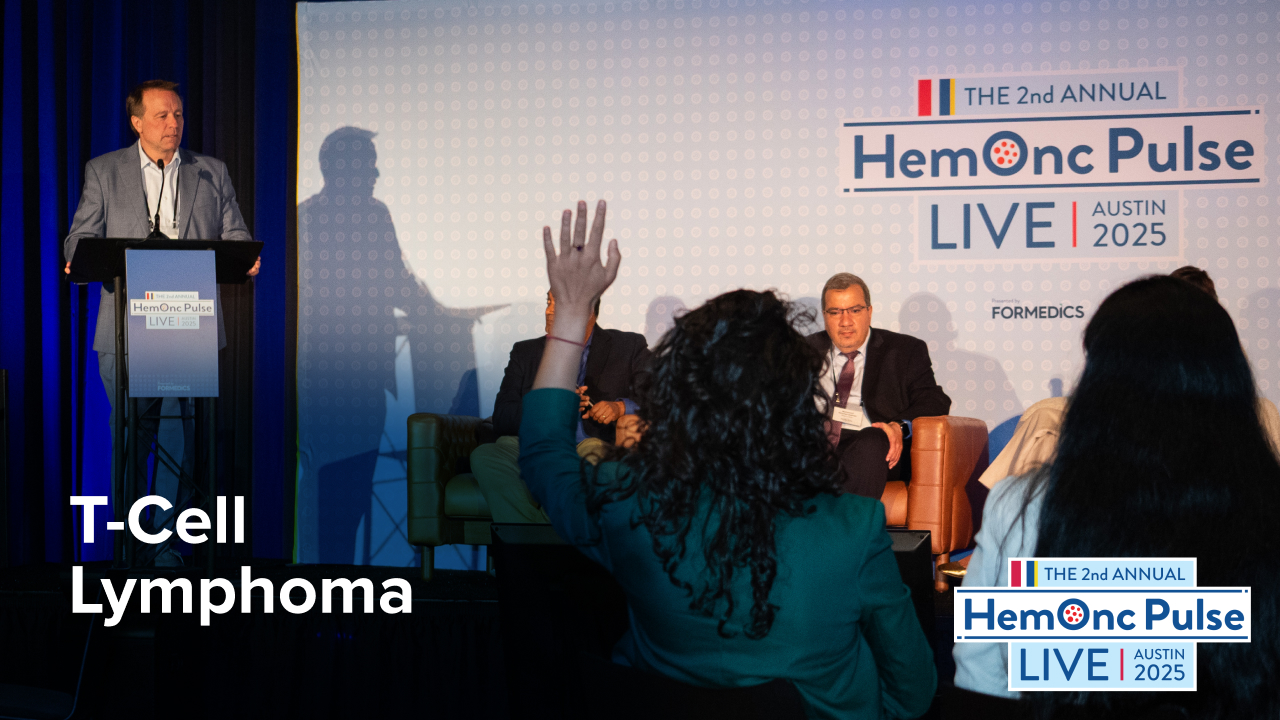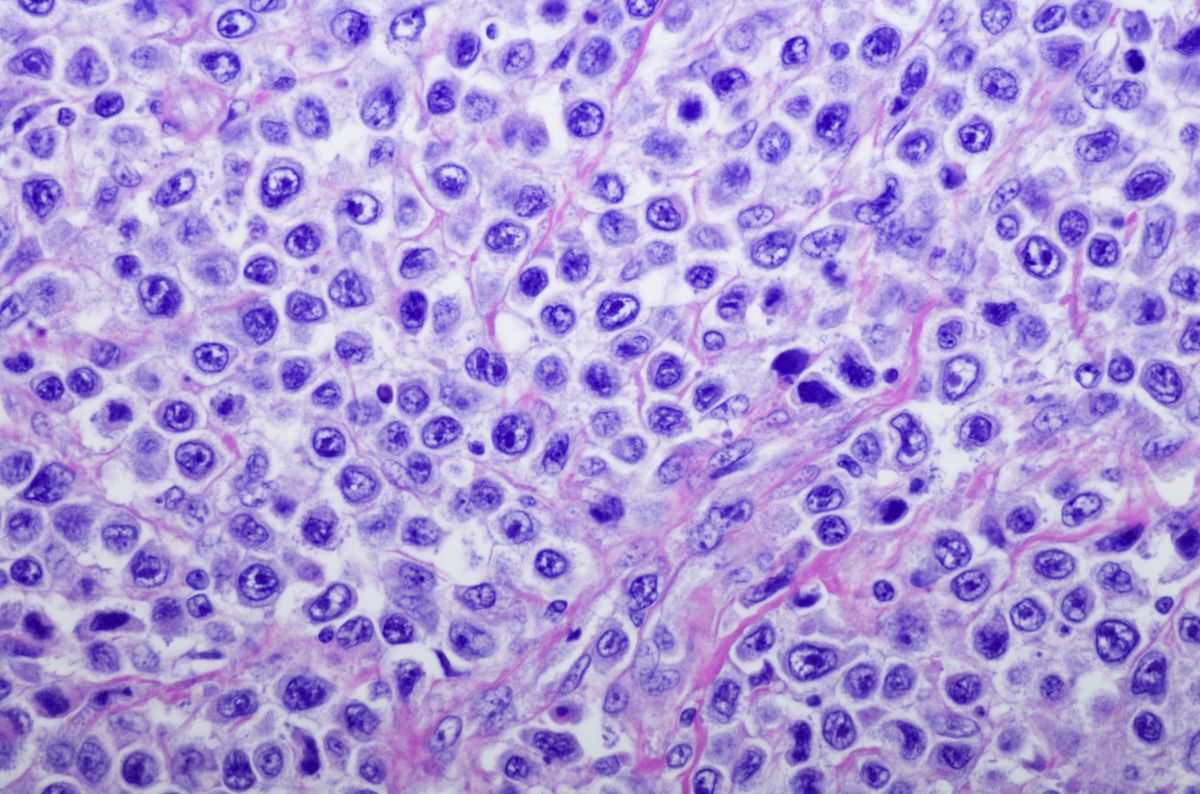
A recent pooled analysis evaluated the efficacy and safety of pralatrexate for relapsed or refractory peripheral T-cell lymphoma (PTCL). The study, published in Blood Advances, examined the combined data from four prospective clinical trials.
“These pooled analysis results further support using pralatrexate in patients with [relapsed or refractory] PTCL,” wrote lead study author Owen A O’Connor, MD, PhD, of the University of Virginia Comprehensive Cancer Center.
The total cohort, composed of the four studies, included 221 patients with a median age of 59 years; 67% were male. Regarding the type of disease, 48.9% of the total cohort had PTCL not otherwise specified (PTCL-NOS), 21.3% had angioimmunoblastic T-cell lymphoma, and 11.8% had ALK-negative anaplastic large cell lymphoma (ALCL).
The combined cohort received pralatrexate for a median of 2.56 months. These patients had an objective response rate of 40.7%, with a median duration of response of 9.1 months, median overall survival of 16.3 months, and median progression-free survival of 4.6 months.
According to a subgroup analysis conducted by the investigators, having one prior line of chemotherapy, compared with two, four, or more prior lines, was associated with greater pralatrexate efficacy. Efficacy was also greater in patients with PTCL-NOS or ALCL than in those with transformed mycosis fungoides and in those who had undergone both chemotherapy and transplant before receiving pralatrexate.
“Prospective studies are needed to confirm the findings of subgroups analyses,” Dr. O’Connor noted regarding these findings.
The most common treatment-related, all-grade adverse events experienced by the combined patient cohort were pyrexia, stomatitis, thrombocytopenia, vomiting, and white blood cell count decrease.
Reference
O’Connor OA, Ko BS, Wang MC, et al. Pooled analysis of pralatrexate single-agent studies in patients with relapsed/refractory peripheral T-cell lymphoma. Blood Adv. 2024;8(11):2601-2611. doi:10.1182/bloodadvances.2023010441





 © 2025 Mashup Media, LLC, a Formedics Property. All Rights Reserved.
© 2025 Mashup Media, LLC, a Formedics Property. All Rights Reserved.